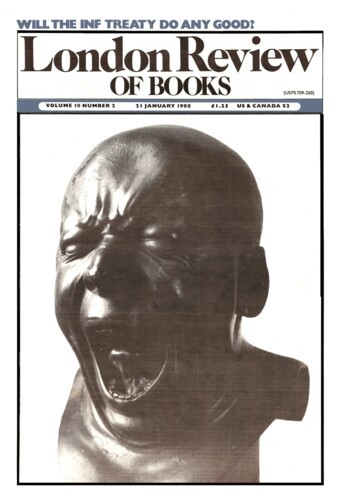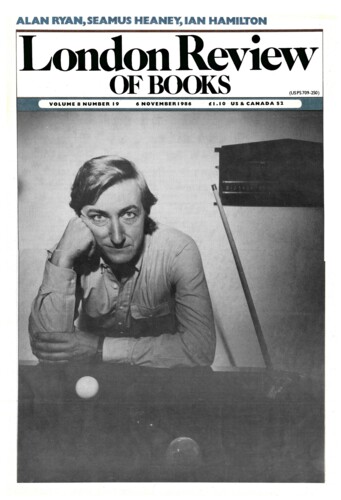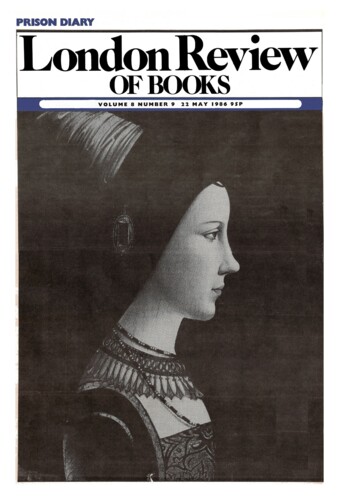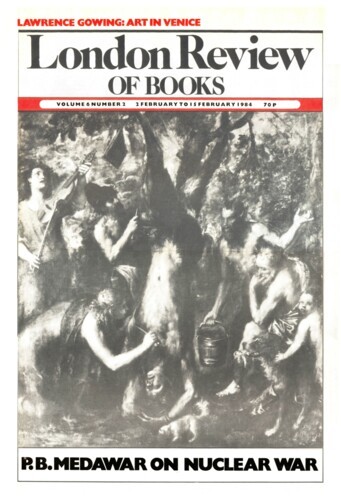It is very fitting that a book dealing largely with the various ways in which the human life-span has been neatly divided into ‘ages’ should itself have an elegant and symmetrical structure. The book is divided into two halves, each with two chapters and 94 pages. The first half analyses the various schemes that existed for dividing man’s life into periods: in the first chapter, the ‘scientific’ schemes made by biologists, physiologists, astrologers; in the second chapter, schemes made by those who ‘seek to relate the ages of man to temporal patterns observable elsewhere – in the cycles of year, month and day, and in the linear time of history’. In the second half, Burrow turns from theory to practice, and examines how, in Medieval narratives, people are praised or blamed for conforming, or for not conforming, to the natural pattern of a man’s life. Chapter Three, on the ‘transcendence’ ideal, shows how men were praised for rising above the natural order: the most obvious example is the young saint who, though a child in years, already has the wisdom natural to an old man. (This chapter is symmetrical with Chapter Two: both have just 40 pages, and both are concerned especially with ‘preachers, exegetes and historians’.) Chapter Four, on the ‘nature’ ideal, shows how men were praised for following the natural order, or, more often, blamed for not following it: the most obvious example is the senex amans, the old man who makes himself ridiculous by posing as a lover. (This chapter is symmetrical with the first chapter, which is titled ‘Nature’, and which also has 54 pages.)’
The Ages of Man: A Study in Medieval Writing and Thought by J.A. Burrow. It is very fitting that a book dealing largely with the various ways in which the human life-span has been neatly divided into ‘ages’ should itself have an elegant and symmetrical...





